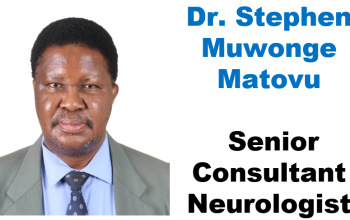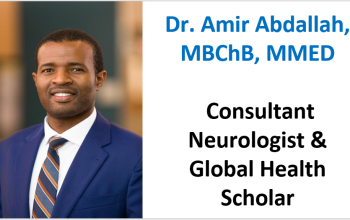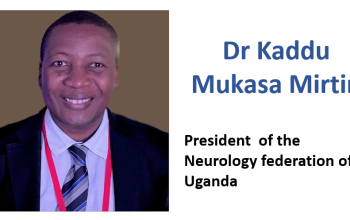a movement for global brain health equity.
The World Congress on Neurology (WCN) is one of the most prestigious international events in the field of neurology, bringing together neurologists, neuroscientists, researchers, clinicians, public health experts, and patient advocates from around the world. Organized by the World Federation of Neurology (WFN) and held every two years, the Congress serves as a platform to showcase cutting-edge research, share clinical innovations, promote education, and foster global collaboration to improve neurological care and outcomes.
Whether focusing on stroke, epilepsy, dementia, neuro-infections, multiple sclerosis, neurogenetics, or global health disparities, the WCN is where the global neurology community comes to learn, lead, and shape the future of brain health.
History and Mission of the World Congress on Neurology
The first World Congress on Neurology was held in Brussels in 1931, and it has since evolved into a global forum representing over 120 national neurological societies. The Congress reflects WFN’s commitment to:
- Fostering the highest standards in neurology
- Promoting global brain health
- Bridging gaps in neurological education and care
- Encouraging research and innovation
- Advocating for equitable access to neurological services
Each Congress rotates among continents, ensuring diverse regional representation and addressing local challenges within a global framework.
Why the WCN Matters
1. Global Scientific Exchange
The WCN features hundreds of sessions including keynote lectures, symposia, workshops, oral and poster presentations. Topics span from basic neuroscience to the latest in diagnostic technologies and treatment protocols. The event allows for direct dialogue among global leaders in neurology, early-career researchers, and healthcare workers.
2. Empowering Low- and Middle-Income Countries
A major focus of the Congress is to uplift neurology in resource-limited settings, where the burden of neurological diseases is disproportionately high. Through dedicated sessions, scholarship programs, and satellite training courses, the WCN promotes capacity building and training for young neurologists in Africa, Asia, Latin America, and other under-resourced regions.
3. Spotlighting Global Challenges
Neurological disorders such as stroke, dementia, epilepsy, and Parkinson’s disease are now among the top causes of disability and death worldwide. The Congress addresses emerging challenges like the neurological impacts of pandemics (e.g., COVID-19), climate change, war and displacement, and the need for inclusive neurorehabilitation and mental health integration.
4. Collaborative Research and Policy Advocacy
The WCN enables stakeholders to form international research collaborations and to advocate for neurology-friendly policies at national and global levels. Discussions often lead to consensus statements, action plans, and joint initiatives aimed at reducing the global burden of brain diseases.
5. Training and Mentorship
Pre-congress and intra-congress training programs focus on neurological examination, neuroimaging, electrophysiology, and patient care skills, especially for early-career neurologists. Mentorship programs, special interest group meetings, and networking events connect rising professionals with world experts.
Recent and Upcoming Congresses
- WCN 2023 – Montreal, Canada
Theme: Brain Health is Our Greatest Wealth
Focused on improving brain health through lifestyle, prevention, and universal access to care. - WCN 2025 – Seoul, South Korea (Upcoming)
Will explore emerging technologies in neurology such as AI, personalized medicine, neuroethics, and digital diagnostics.
Conclusion
The World Congress on Neurology is not just a scientific meeting—it is a movement for global brain health equity. As the world grapples with aging populations, changing disease patterns, and health system limitations, the WCN remains a beacon for excellence, collaboration, and hope. It reminds us that progress in neurology must be inclusive, evidence-based, and driven by a vision of a world where everyone has access to the neurological care they need.
“Together, through knowledge and compassion, we can transform the future of brain health.”



